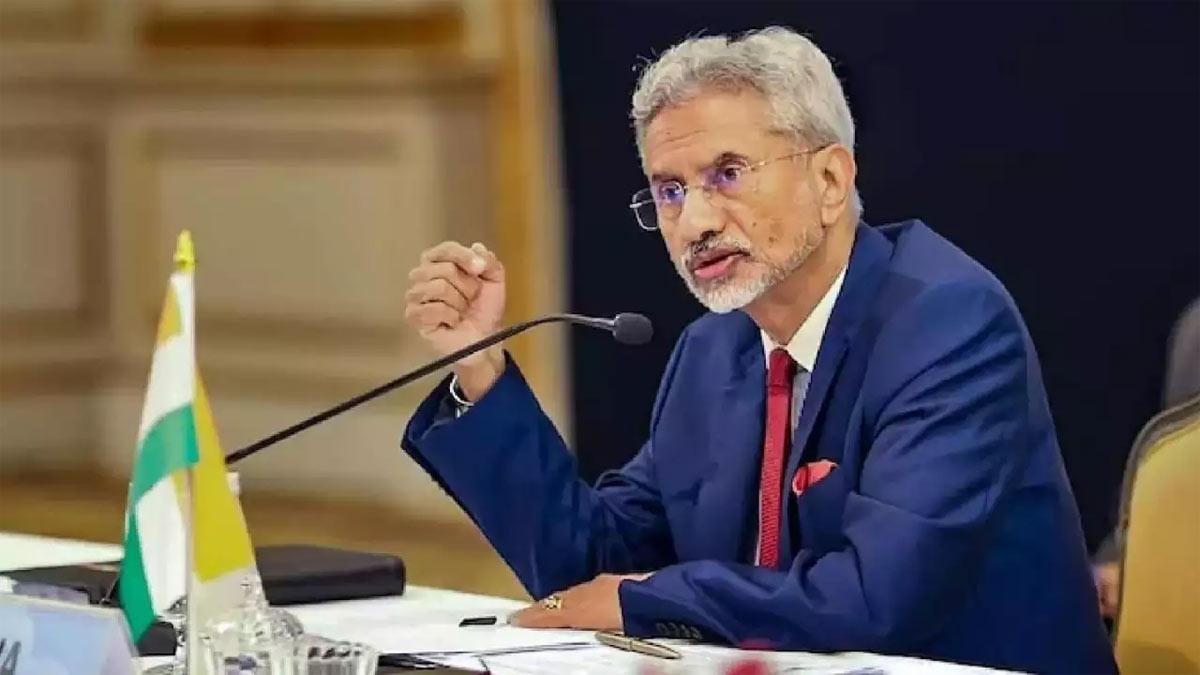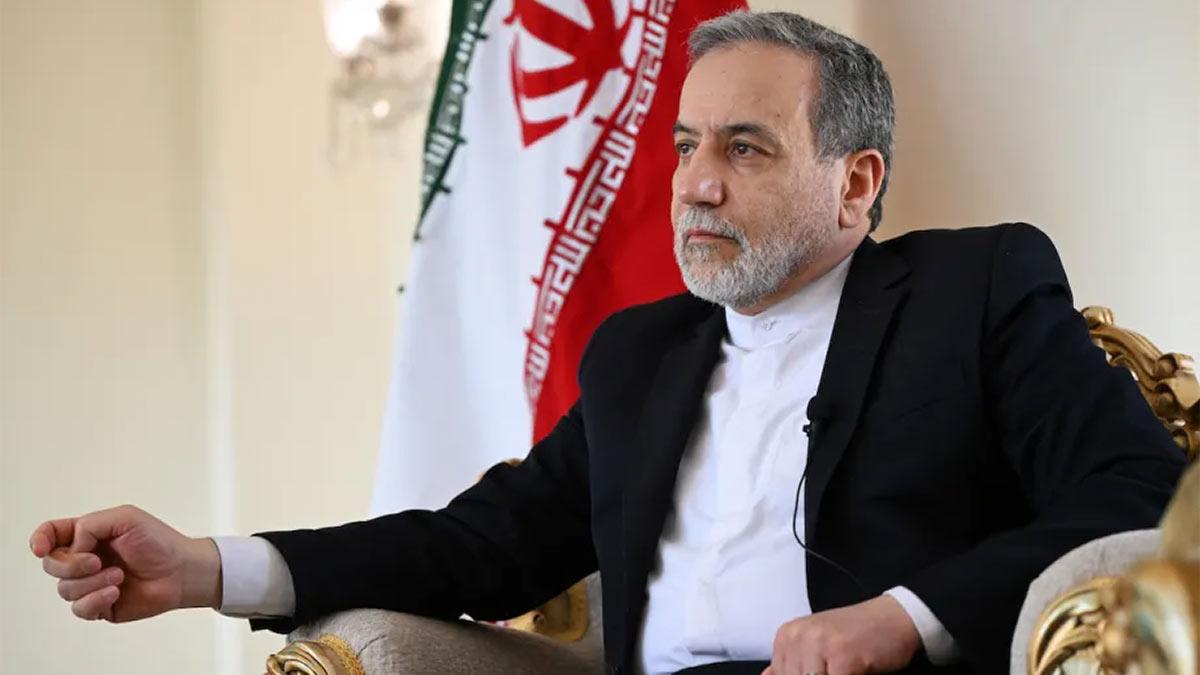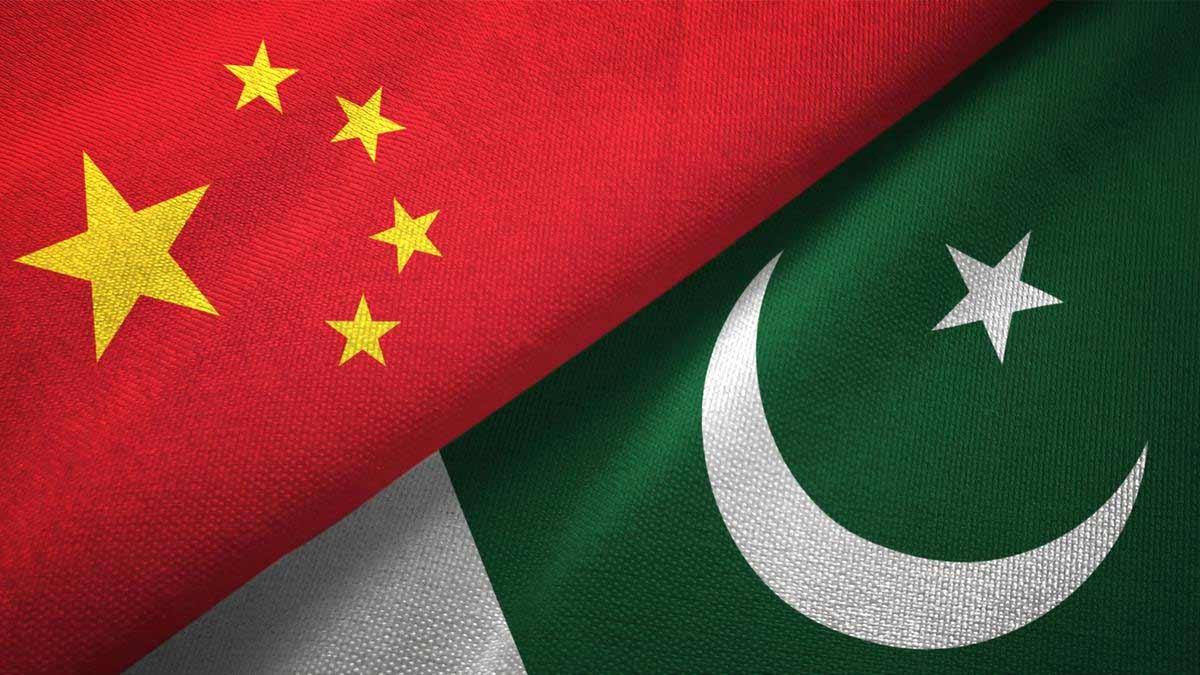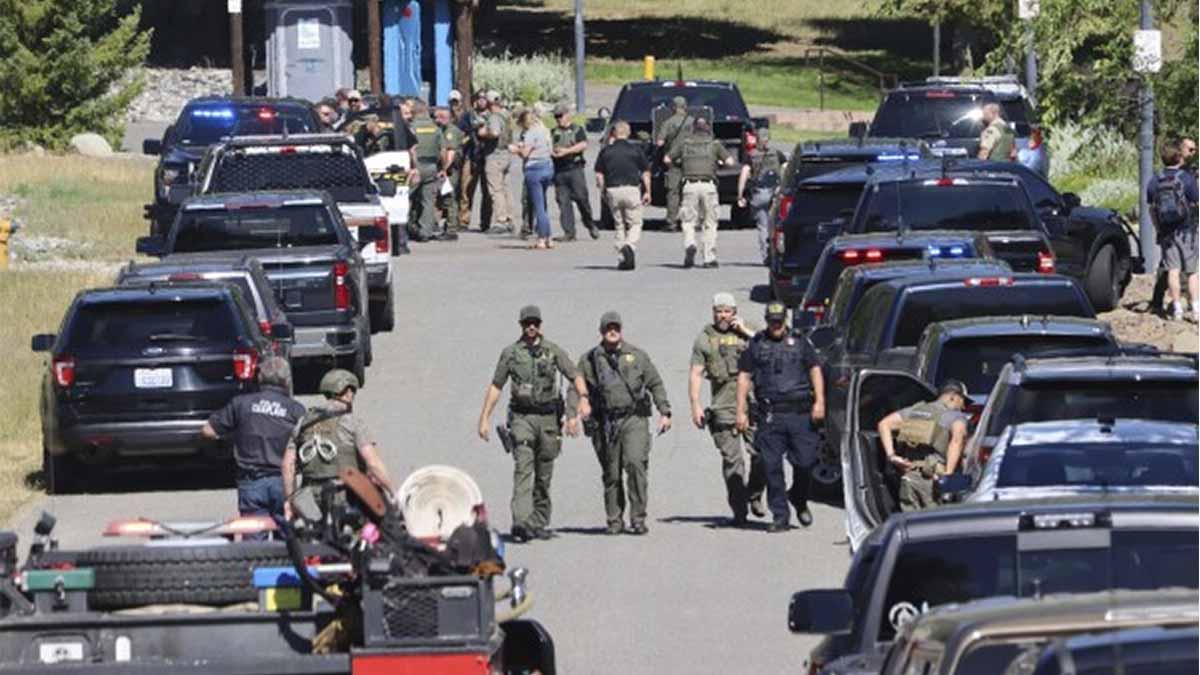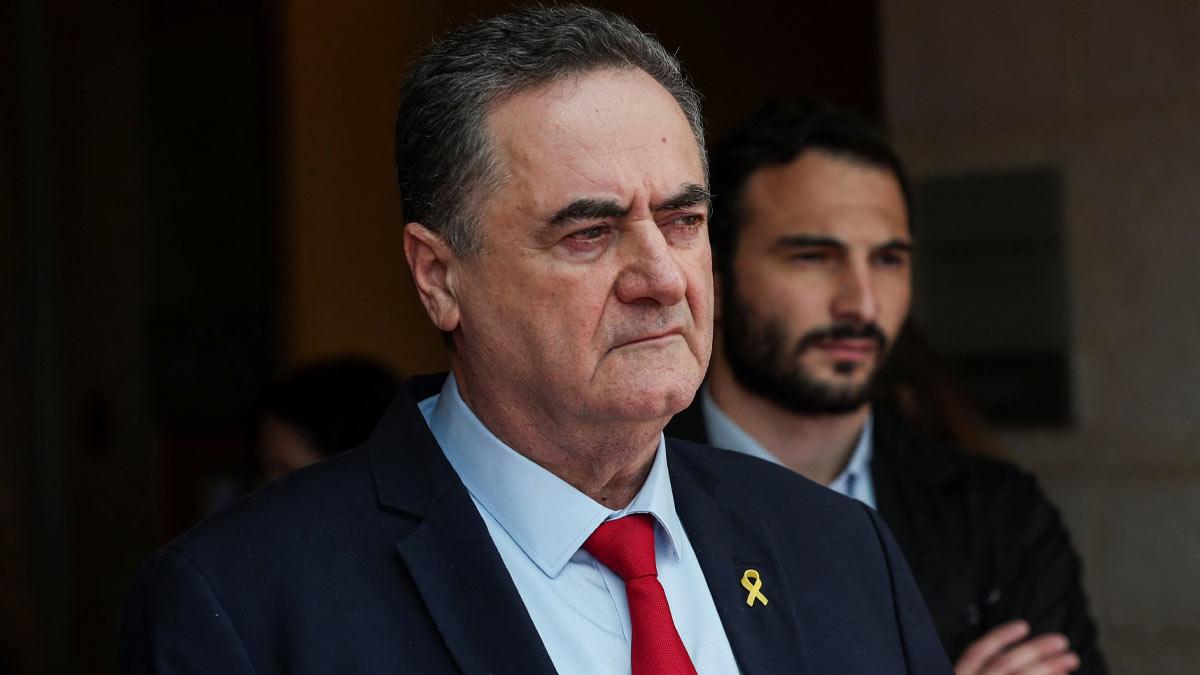External Affairs Minister S. Jaishankar on Friday spelt out four reasons why the relationship between India and Australia has deepened, saying it was a transformation brought about by Prime Minister Narendra Modi.
"There are four reasons – PM Modi, Australia, the world, and all of you," Jaishankar said after acknowledging the warm reception from the Indian diaspora.
Not only an inauguration visit of India's fourth consulate in Brisbane, but also it was an attempt to meet the commitment Prime Minister Narendra Modi has made to the Indian community, said Jaishankar.
"You are here because of your effort and contribution. I have come to redeem Prime Minister Modi's public promise that he would open a consulate in Brisbane," he said.
Reflecting on the 125,000 Indians residing in Queensland, including 15,000–16,000 students, Jaishankar highlighted the state's economic importance to India, noting that "75 per cent of Australia's exports to India actually come from this state."
This cooperation, he said, should be viewed not merely as an achievement but as a framework for future growth. "There's no doubt that the QUAD ranks right up there, and Australia is a founding partner of that mechanism in terms of our bilateral ties," he added.
The EAM termed it significant in diplomatic terms where such a term is "reserved for a very, very few." "The more adjectives you add, the weightier it gets," he said.
Jaishankar also welcomed the Economic Cooperation and Trade Agreement, which had brought a much-needed fillip to trade, while underlining mobility, migration, and mutual recognition agreements, as did the MATES agreement.
Speaking on India's ambitions, the EAM said, "India will grow, India is growing, but India wants to grow with the world. When we look at the world, we see opportunities. We are optimistic there may be problems, but overall, we think the world has goodwill. The world has a desire to work with India. We see a sentiment overall in the world for India to succeed, and it's important we harness that sentiment."
He said the view is consonant with transformative policies that the government has undertaken across sectors of progress over the last decade.
On looking at these changes, Jaishankar stated that "we have seen important progress in the last decade because of the actions mutually reinforcing each other; one has made it easier to do business, improved the quality of living, and had a radical transformation of the infrastructure with the Gati Shakti program and digital public infrastructure among many others, enhancing quality in governance."
He continued stating that because of the fact that there has been a political stability, "we have ensured that there would not be a disruption on some of the decisions, hence the policies would go unabated.".
The last ten years have been witnessing much progress, noted the foreign minister. The New India is building 28 kilometres of highway a day, 12-14 kilometres of railway track per day, and expanding from 6 to 21 metro cities, which itself envisages 39 more metro cities. The country was having 75 airports ten years ago; it boasts of nearly 150, with over 1,000 planes on order from the global aviation industry today.
He acknowledged the progress in education and entrepreneurship under initiatives like Ayushman Bharat, PM Vishwakarma Yojana, and Digital India, among others.
Jaishankar is on a two-country visit, which includes Australia up to November 7, in which he will co-chair the 15th Foreign Ministers' Framework Dialogue with Australian Foreign Minister Penny Wong.
Apart from these, he will be addressing the 2nd Raisina Down Under conference at the Australian Parliament House and will be holding interaction with the leaders, parliamentarians, business leaders, media, and think tank members.
Next on schedule are his visits to Singapore, which he will make from November 8. In Singapore, he will address the 8th ASEAN-India Network of Think Tanks Roundtable besides holding meetings with the leadership in Singapore to explore means to further strengthen the very close partnership.
Read also| PM Trudeau Condemns Brampton Temple Attack, Declares Violence Unacceptable in Canada

